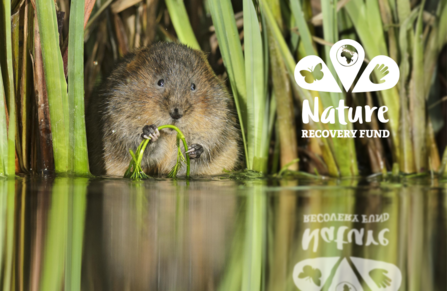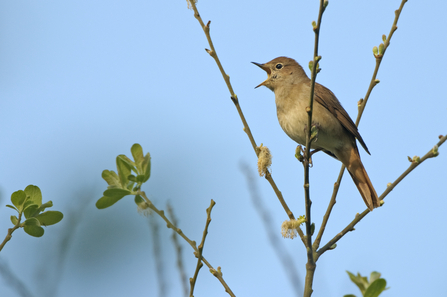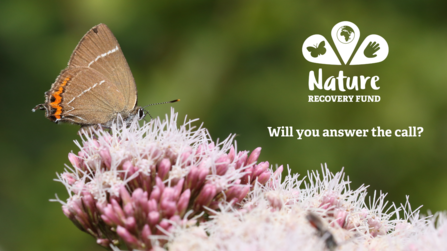Berkshire, Buckinghamshire & Oxfordshire Wildlife Trust (BBOWT) says the cash injection could help secure the future of much-loved wildlife such as water voles, nightingales, rare butterflies and reptiles.
The nature SOS is part of the Trust’s Nature Recovery Fund appeal, which has raised just over £400K since last autumn. This summer BBOWT is aiming to pass the half-million pound milestone to fund pioneering habitat-management projects to help species on the brink of extinction.
BBOWT launched its £3 million Nature Recovery Fund last October following the publication of the State of Nature 2023 report. It highlighted the rapid decline of UK wildlife, with one in six British species at risk of extinction. Funds raised from the appeal will support innovative projects which aim to reverse this trend and secure a future for endangered wildlife across Berkshire, Buckinghamshire and Oxfordshire.



